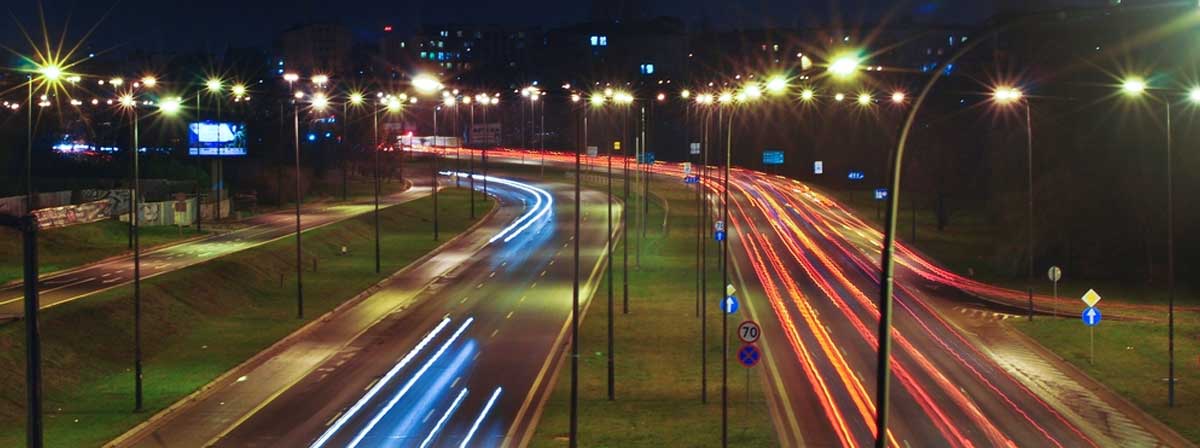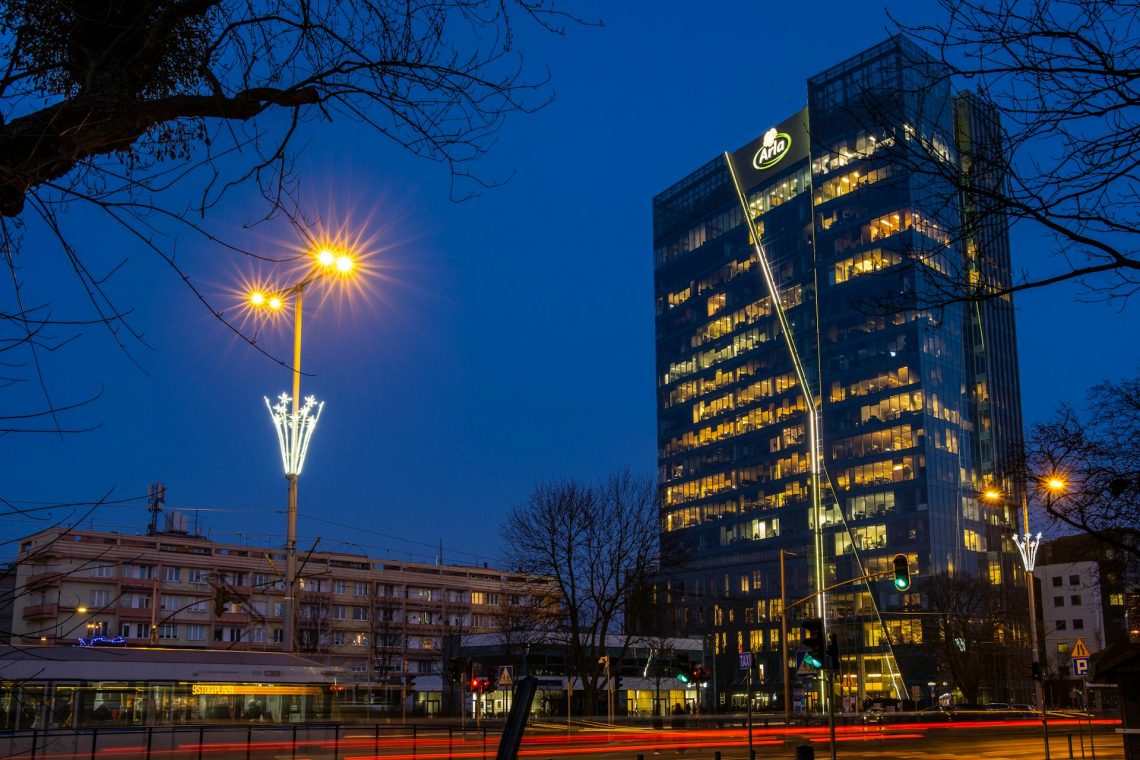
Despite its long coastline, Poland has few passenger ferries. Driving in Poland can be troublesome, so trains are likely to be your main means of transport for any distance. They are not expensive and usually prompt. There are likely to be queues at the ticket office, so leave time to buy your ticket. If you haven’t managed to buy one before boarding the train, find the conductor and buy your ticket then. There will be a small supplement to pay, but less than the fine. The personnel probably will not speak English, so have your destination, time and first class (pierwsza) or second class (druga) written out.
One point to mention about the buses is that you may save time by checking whether your destination is en-route to somewhere else, and not simply on its own timetable. And be careful to check the symbols on the timetable or you could end up waiting for a bus that is not running on that day. Most cities have trams as well as buses and Warsaw has a metro. You buy your tickets from a machine and punch it when you enter the bus. A word of warning – never give the bus inspector your passport, even if they threaten you with the police.
You will need insurance – there are two kinds:
OC where the car is covered but not the driver. If you cause an accident then you will not be covered. If you want to be covered for that then you need AC insurance.
The permitted alcohol level is 0.02% and the Polish police do enforce this. You must use dipped headlights during the day all year. Other drivers may flash you if you forget – or if there are police in the vicinity.
Click here for the free quotation of removals to Poland.
 Why Should You Know Moving Services from the Inside?
Why Should You Know Moving Services from the Inside?Why Should You Know Moving Services from the Inside? Today, I'd like to discuss an issue that often…